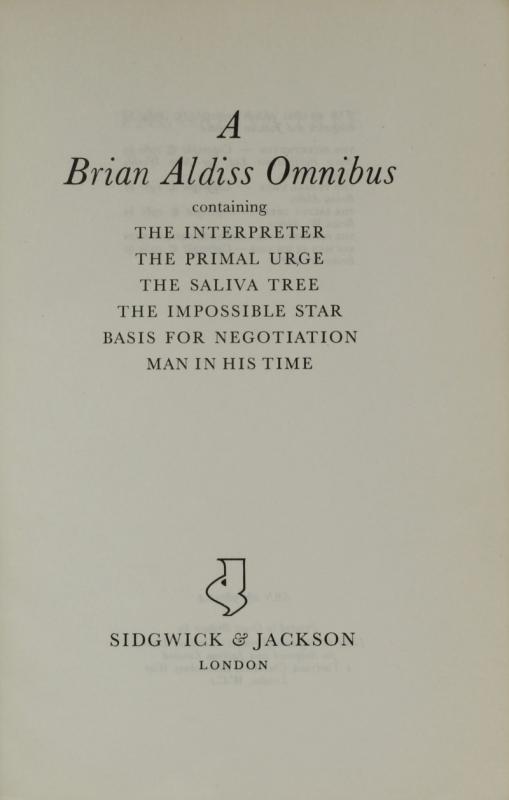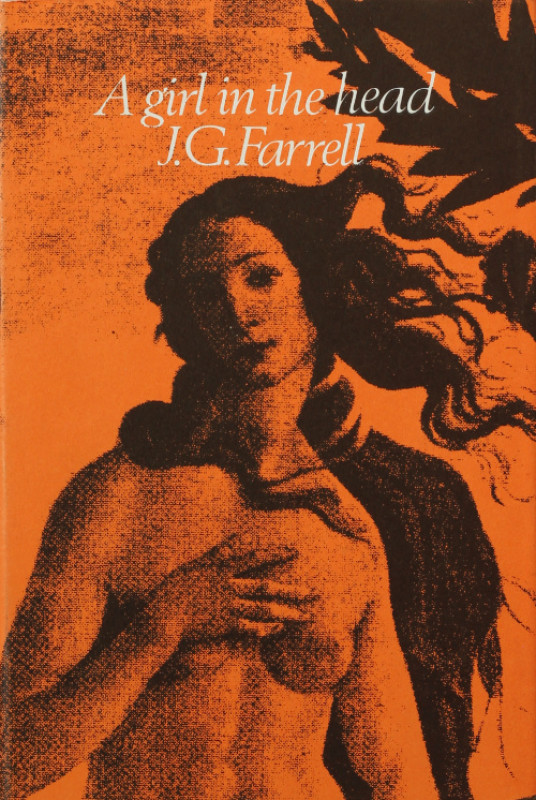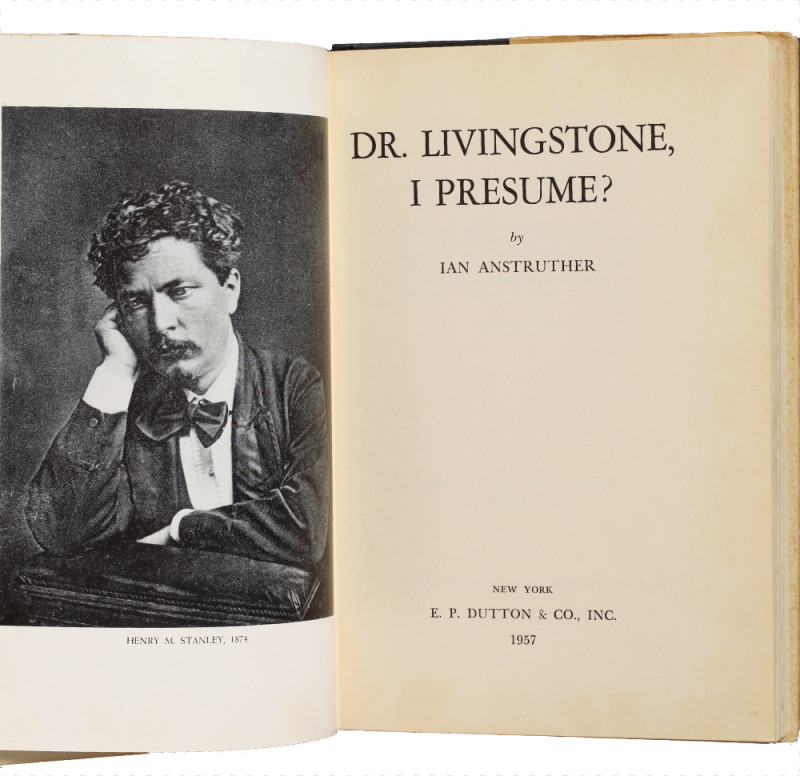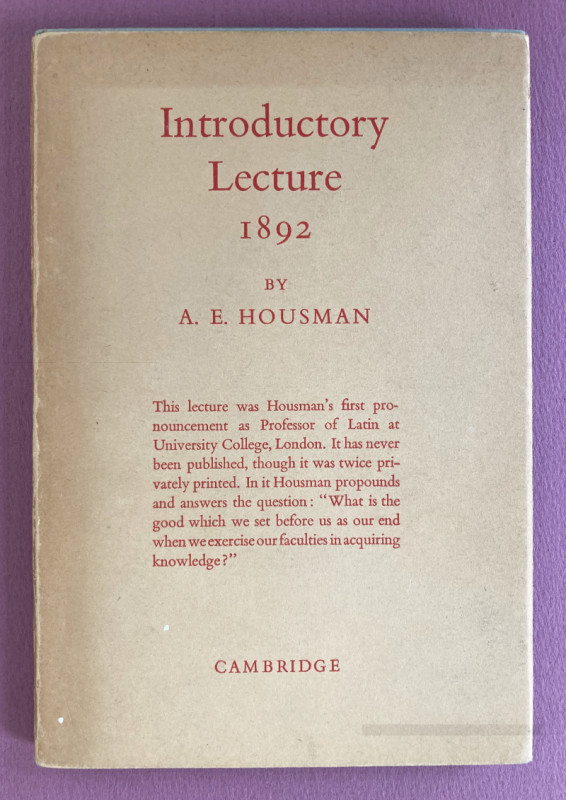A Dog’s Ransom.


Book Description
Dealer Notes
First UK edition. A Dog’s Ransom is the fourteenth novel by the acclaimed American novelist Patricia Highsmith (1921-1995). Following a tumultuous childhood between Texas and New York, Highsmith had enjoyed a few liberating and somewhat happier years at Barnard College. There, she briefly joined the Young Communist League, and ‘became an enthusiastic participant in the lesbian subculture of nearby Greenwich Village’ (ANB) – she would try to ‘cure’ her homosexuality with psychoanalysis from the late 1940s onwards while using these themes in her novel The Price of Salt (published under a pseudonym, later reissued and turned into a film as Carol). Highsmith began her post-college career as a writer of plots for comic books, but found her actual writing inspired by the authors of her youth: ‘Kafka, Sartre, Camus, Dostoevsky, Nietzsche, and Kierkegaard – all concerned with matters of personal identity, guilt and innocence, reality and illusion, good and evil, love and hate, which characterized her own work. Highsmith also read the Bible […]. In 1947 Highsmith began writing what would be her first published novel, Strangers on a Train. She finished the book the next year during two months at the artists colony Yaddo, which she attended with the help of Truman Capote’ (loc. cit.). Her best-known works are The Talented Mr Ripley (1954) and the subsequent Ripley novels.
Of A Dog’s Ransom, a reviewer in The Times (27 April 1972) wrote: ‘Most writers, small and great, grant their characters a degree of logic; even when they make them behave illogically they account carefully for the aberration. Not so Highsmith. Her hero here, a nice, young, idealistic copy, acts, it seems, as a result of random charges of emotion, dashing off impelled by a craving to see a certain person or suddenly breaking into flamboyant violence. Odd? Wrong? Illogical? Yes, all of these. But also (look at yourself) one way we do behave, if at less pressure. Out at the edge Miss Highsmith flings back for us the new mirrors she finds there’.
Friends of the PBFA
Please email info@pbfa.org for more information









